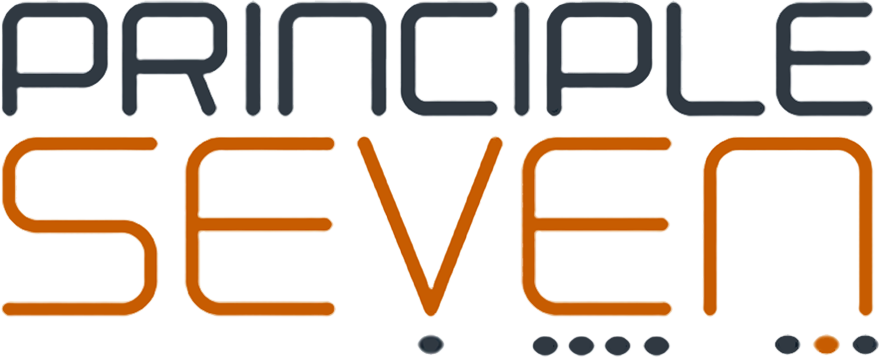I was a mechanical engineer designing process plant until I went into risk management in the early 1990’s. Since then, approximately 50% of my work has been related to health & safety injury minimisation. Most of this has been related to preventing harm, but approx. 20% of my H&S work has been related to preparing for court cases.
Like solicitors and barristers, I understand my role as part of the adversarial system. However, unlike the legal profession, I am not obligated to defend anyone that I believe has been criminally negligent. Consequently, I’ve worked for both employers and employees at various times, but in quite different ways.
In the case of my corporate defence work, it’s all been in relation to avoiding or minimising a court ruling against my client by a regulator or another corporate party by undertaking an investigation and preparing a factual report covering the strengths and weaknesses of my client’s case. In my expert witness role, I’ve only ever worked for the injured party against the employer. These are guidelines I choose for myself, and it allows me to sleep well at night.
Over the years I’ve been involved with some intensely technical risk management for resource industry clients where the advantages of a strong engineering background are clear. I’ve also used my engineering background in investigations into fatal injury cases in rail, mining, oil & gas, heavy vehicle, and sports fatalities, many of which were under legal privilege.
In terms of working for individuals injured in the workplace, it’s relatively easy to prove the negligence of an employer because the ‘Reasonably Practicable’ component of regulation is heavily weighted in favour of the employee – as long as the expert report and findings are presented in the appropriate format – i.e. a demonstration that practicable and meaningful risk reduction measures were available, but the employer either dismissed such opportunities or failed to identify them at all.
The above means that whoever I work for doesn’t get only my opinion, but a case supported by engineering logic.
Whilst every case is different, the are some regularly occurring components of the expert witness’ contribution to a winning case. I look to use these whenever its prudent to do so.

